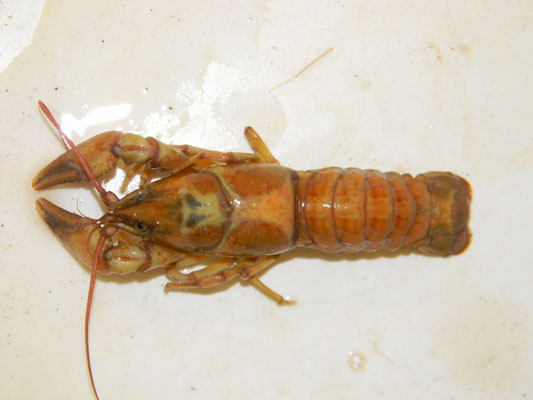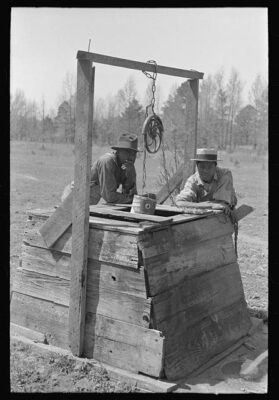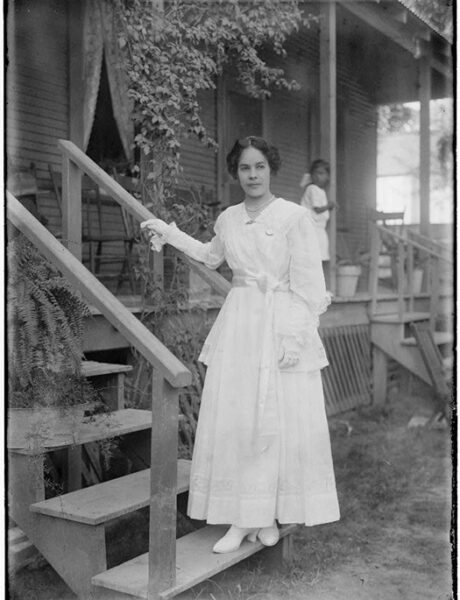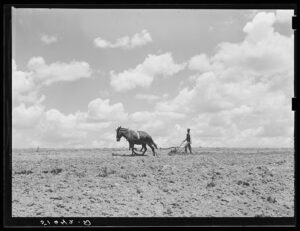Southern Legitimacy Statement: Perhaps some would say that as a transplanted Yankee, I could only write a Southern Illegitimacy Statement, but I lived in the South between the age of 8 and the age of 23. I got my hands smelly playing in the polluted Timber Branch near my home in Alexandria, VA. When my elementary school was integrated, my fifth grade teacher, Miss Moseley, from Dinwiddie Virginia told our class that anyone who objected was just “white trash.” Later, my family moved to Asheville, NC, which is divided by the French Broad River. A high school history teacher lamented the loss of the South in the Civil War, calling it “The Catastrophe” but it was there that I met perhaps the most courageous guys I know, black students who integrated the private boarding school and thrived in spite of bullying from racist coaches and fellow students. While attending UNC-Chapel Hill, I hitchhiked every day for a while from an abandoned cabin some friends of mine and I inhabited. I learned to jawbone in their Central North Carolina dialect with the farmers who graciously drove me part of the way to school.
French Broad Crayfish
Cambarus reburrus
They float over my head
like disinterested predators—
the white river rafters
and the suicides.
I see them with their paddles
and their gunshot wounds
spinning over the rapids
bemused by the sharpness
of the sun. Their grimness
flickers my antennae.
I crawl, orange and mincing,
through the bubbles
that blew all the way down
from South Fork Road.
Seeking a mate, and provisions
for the ice that rarely comes
these warmer winter months,
I am looking for leaf fall
to disguise my hunger,
to plunder when the floods
have finished. I am a clock
for the spurious hours
that nestle in the sunken
tree trunks where I deposit
my seed. And still they twirl
with their pockmarks
and their windburn,
gods of an impulse
that my smarting and shallow
fathoms can never ken.







